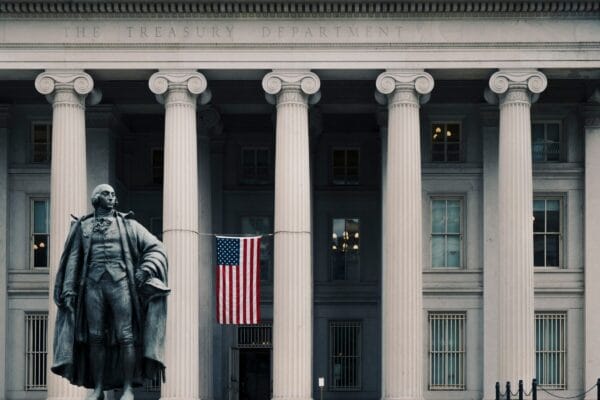Overview
In December 2024, the Assad regime collapsed and a new transitional government was installed. In response, the EU, UK, and US began to ease sanctions on Syria:
- Most EU autonomous sanctions on Syria were lifted in May 2025. Sanctions against members of the Assad regime, and those based on security grounds, chemical weapons and drugs trafficking remain in place.
- The UK de-listed key actors in the Syrian economy in March and April 2025. It amended the autonomous Syria sanctions regime to change its designation criteria and revoked trade restrictions on a variety of goods and services. The remaining sanctions target supporters of the Assad regime and those involved in human rights abuses in Syria, among others.
- The US lifted most of its Syria sanctions in July 2025, but a Syria-related national emergency declared by Executive Order is still in place. US sanctions on Syria now target members and supporters of the Assad regime, drug traffickers, and those responsible for human rights abuses. In July 2025, the Syria sanctions regime was renamed the “Promoting Accountability for Assad and Regional Stabilization Sanctions (PAARSS)” regime.
The UN does not maintain an active Syria sanctions regime.










